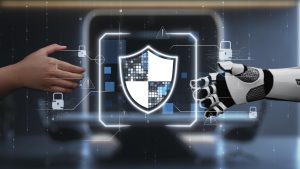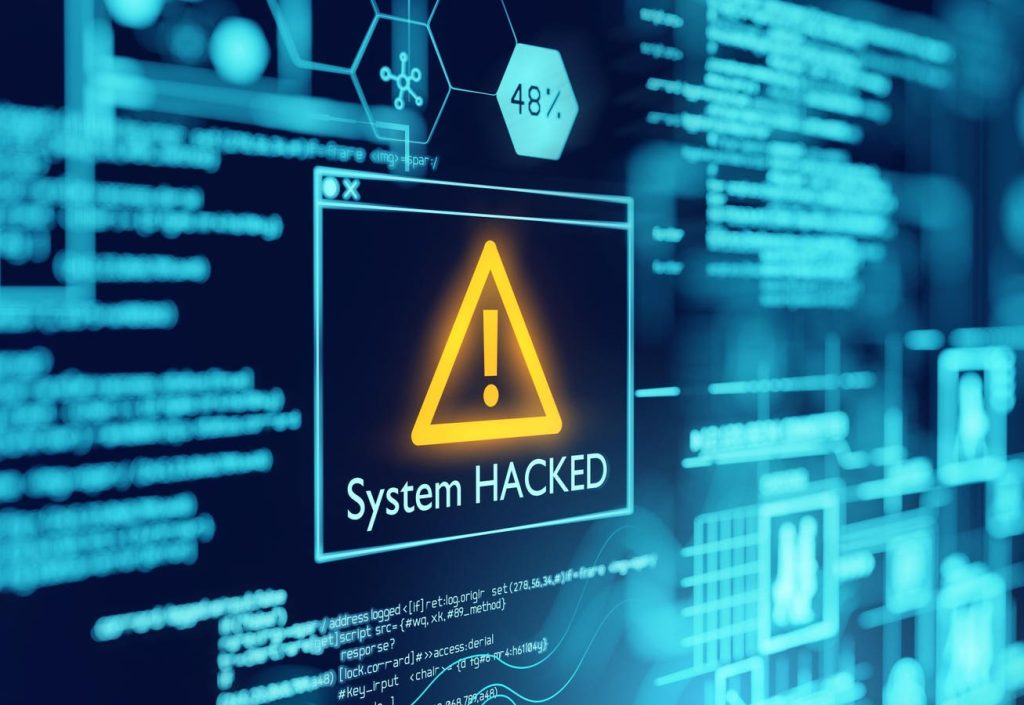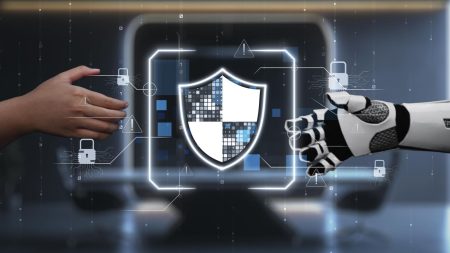Hackers are a busy bunch, with more than 300 million computers hacked every year — and there’s a dizzying range of ways in which a computer or laptop can be compromised. Criminals often, for example, use phishing attacks, sending emails to persuade you to click on a malicious link, which then installs malware on your machine. In other cases, a hack of a company exposes your password, which may be sold on the dark web. Once they’ve got control, hackers can do all sorts of damage, from spying on you to to stealing financial details such as credit card numbers. We look at the signs that your computer or laptop has been hacked, and the steps you should take if it has.
How To Tell If Your Computer Is Hacked
There are a number of signs that your PC may have been hacked, some more obvious than others. These include slow performance, or your computer freezing or crashing — signs that the device is working hard for someone else.
You may spot the appearance of programs that you didn’t install yourself, changes to your browser home page, search engine or extensions, or a plague of unexpected pop-ups. Unexpected emails may be sent or received, or your password changed, and unauthorized logins or new accounts may appear. Your browser may act oddly, redirecting you to unwanted websites, and unasked-for files may be downloaded. And a warning from your anti-virus package that it’s detected and removed malware may not mean you truly have the all-clear — if you’re getting repeated messages, it’s possible that the package is failing to finish the job.
Sign 1: Sluggish Performance
A common first sign that your PC has been hacked is that its performance suddenly slows down. Websites may take a long time to load, and opening files or loading applications may take longer than usual. The machine may freeze or crash. These are all signs that you may have malware running in the background on your PC, or that unauthorized programs are consuming system resources.
Sign 2: Unexpected Programs Or Pop-Ups Appear
If programs appear on your desktop that you haven’t installed, this is a strong sign that your computer or laptop has been hacked. You may also see vast numbers of pop-ups on your screen — often pretending to be an anti-virus package warning you that you’ve been hacked and suggesting that you click on them.
Sign 3: Changes To Your Browser
Another sign that your computer has been hacked is a change to your browser settings. Your home page may look different, or unwanted toolbars and extensions may appear. The aim of the hackers is to get you to click on malicious websites containing malware, or sites that could steal your personal information.
Sign 4: Unusual Email Activity
Compromising a PC user’s email is one of the most common ways that a computer can be hacked, with the hackers then using the account to spread malware or carry out phishing scams. If you or your contacts spot suspicious emails coming from your email address, it’s a strong sign that this has happened.
Sign 5: Unauthorized Log-In Attempts
You may start getting alerts from your email provider or other accounts that there have been log-in attempts that weren’t made by you. If you spot attempts to access your accounts from unfamiliar devices or locations, the chances are that a hacker is to blame.
What Should You Do If Your Computer Is Hacked?
If you discover that your computer or laptop has been hacked, you’ll need to act fast. The first thing is to disconnect your machine from the internet to stop the hacker having access.
You’ll then need to go through the long and rather tedious process of changing passwords on every single application or service that you have installed on your computer. And you should remove any external drives to prevent the malware from spreading any further and consider wiping your hard drive — after backing everything up, of course. Finally, it’s a very good idea to notify your contacts about what’s happened to make sure they don’t fall victim themselves.
1. Disconnect And Quarantine Your PC
If you discover that your PC has been hacked, the first thing you should do — and you should do this immediately — is unplug your machine, and disconnect it from the internet by turning off the wifi through the machine’s settings. This prevents the hacker from continuing to remotely control your computer and means they can’t gather any more personal or financial information than they already have.
2. Change Your Passwords
It’s a bit of a heart-sink job, and will probably be pretty time-consuming, but it’s vital to change all your passwords. You should start with banking or financial apps and shopping sites — anything that might have your financial details — and then move on to email, Facebook, other social networks and the rest. Make sure your passwords are unique and hard to guess, and include upper and lower case letters, numbers and symbols
3. Remove External Devices
If you’ve got any USB flash devices or external hard disks connected to your PC, now is the time to disconnect them. First, go to the relevant folder and click “eject.” To be on the safe side, it’s also a good idea to delete your computer’s hard disk — making sure that you back everything up first — and reinstall your operating system.
4. Run A Full System Scan
There’s no point doing all of this if there’s a threat still lurking within your computer, and advanced malware can often hide in system processes. Use a package you trust — and certainly nothing that’s prompted you to use it via a pop-up. Make sure it’s a full-system scan, including hidden files and folders. If the package identifies anything suspect, delete it immediately.
5. Notify Your Contacts
If your computer has been hacked, there’s a strong likelihood that the criminals will try and broaden their attack by targeting your contacts too — perhaps by sending them messages encouraging them to click on malicious links. It’s a good idea to warn all your contacts on email, social media and the like not to trust any suspicious messages that appear to have come from you.
How Can You Protect Your PC From Hackers?
Once your computer or laptop has been hacked, you’ll want to make sure it never happens again — and that means sticking to some basic cyber security practices.
Make sure you keep your operating system and software up to date, and that they’re automatically installing the latest security patches. This, of course, applies particularly to your anti-virus package. Turn on two-factor authentication in all your apps and services. You may find it useful to use a virtual private network, especially if you use public wifi, and you could also install a firewall. Keep all your files backed up, so that if anything does happen again you have access to all your data. And make sure that you’re careful in future — never click on any links you’re sent unless you’re absolutely certain that they’re safe.
Bottom Line
A hacked PC or laptop can lead to serious consequences, from the compromise of your personal data to financial theft. Restoring everything to normal can be a time-consuming process, but is at least generally doable. And if you do fall victim, there are measures you can take to minimize the chances of it happening again.
Read the full article here









